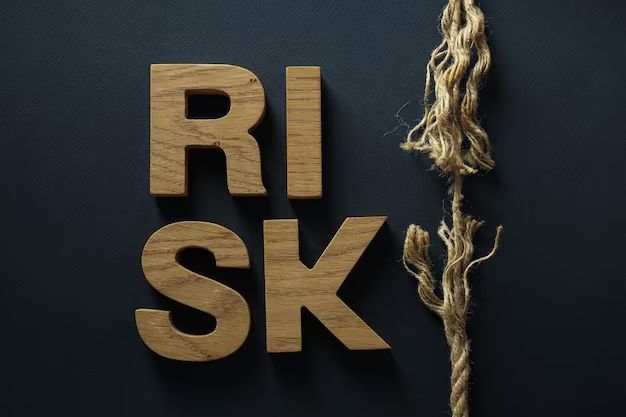When building your dream home, you would not start putting up walls without a solid blueprint, right? Well, the same goes for investing in property.
You need a well researched plan, and that’s where market research comes in. It’s your blueprint, guiding you toward profitable real estate investments and helping you avoid costly mistakes.
The aim of this guide is to show you how crucial market research in real estate is for making smart, data driven moves in real estate
1. The Foundation of Smart Investments

Before diving into real estate, you need to understand the market. Market research helps you analyze what is happening in the area you’re interested in.
Is it growing?
Is it on the decline?
What’s the demand like?
With the right real estate market insights, you can predict trends and spot areas where property values are likely to increase. By doing thorough market analysis in real estate, you’ll know exactly where to put your money for the best return on investment.
2. Timing the Real Estate Market

Timing is everything in real estate. Have you ever heard the saying, "buy low, sell high"? Market research is key to knowing when the right time to buy or sell is.
Think of it like waiting for the tide to go out before you walk on the beach. If you jump in at high tide, you’ll pay more for the property. If you wait for the tide to go out, you might score a better deal.
By monitoring property value appreciation and real estate price fluctuations, you can time your moves to perfection. Market research tools help you understand when prices are set to rise or when they’ve hit their peak, giving you an edge over other buyers and investors.
3. Finding Hidden Gems

With in-depth market analysis, you can spot emerging real estate markets that others have not caught onto yet. Whether it's a neighborhood seeing new development or an area benefiting from improving local infrastructure, these are signs that a property’s value is on the rise. These hidden gems are the key to increasing your real estate ROI.
4. Risk Mitigation

Real estate can be risky, but market research is the safety net that helps reduce that risk. By studying local market trends, you can identify potential issues like areas with declining populations, high crime rates, or oversaturated housing markets. Risk management in real estate is about making decisions based on solid data that help protect your investment from unnecessary losses.
5. Gaining a Competitive Edge

In real estate, being ahead of the competition can make all the difference. Market research gives you a competitive edge by providing data-driven insights into what’s happening in the market. You will know exactly what buyers want, which neighborhoods are heating up, and when the best properties are about to hit the market.



